|
Today's world is build on convenience. Most people would rather do less, even if that requires more money and fewer take aways. Once we become adults we no longer have our sibling whom we can force or persuade into doing our chores. Unfortunately part of growing up is paying bills, cooking dinner, doing laundry, etc. But thanks to the the internet and an open market we no longer have to grow up.
Take for expample laundry, most people don't consider this a fun activity and most people don't enjoying it, especially if you have a huge family and or lack a washer/dryer. From dry cleaning to wash/fold services, it is highly likely if you live in the US you've participated in outsourcing your laundry. Sure this might not sound that bad, but when you wind up with someone else's underwear or the dry cleaner destroy's your $500 Bergdorf dress you begin to question hanging your dirty laundry out to dry. It is pretty common for kids to wind up at college with little or no laundry knowledge. Not only is this sad but it creates a viable market for apps such as Washio where they pick up and clean your dirty laundry. With quick fixes like this we could perpetuate a lifetime of never doing laundry. But more importantly there is no longer the idle time wasted in the laundry mat, where college students mingle and find love, where you discover Kafka isn't so bad, or are simply turned on to the New York Times cross word. This idea of idle time can also be applied to wandering a book store or library and stumbling upon the greatest novel. Today you can pretty much outsource everything from having your home cleaned to finding a taxi. Sure it is sometimes difficult to find a taxi in Manhattan or Brooklyn, especially if it is raining. But is it worth the added mark up of 3 to 5 times the original cost. Take for example a $10 taxi ride ends up costing you $50 when you could have gone out on the street, thrown that arm in the air, trudged through the snow, and voila found a face value priced car service. This not only teaches you the value of a dollar and time, but how to haggle. Arguing with a tremulous taxi driver is the best cure for timid newly relocated or traveling tourist. As for cooking, the Post recently published an article stating that one New Yorker spent $11,000 on take out (Seamless), where the delivery guys not only know her name but can predict her order. What the spender is missing out on is the joy of cooking. While it can be messy and infuriating, there is nothing more gratifying than making a meal and enjoying it (alone or with others) plus it is a pretty bonding activity. There is also the app of Blue Apron where you meals are chosen for you and they send you the recipe and ingredients. While is absolutely fantastic and significantly broadens your recipe repertoire, the draw back is freedom. You loose the freedom of having a hankering for something along with choosing your own ripe seasonal and on sale products. Whether or not you're into cooking, cleaning, hailing a cab, or outsourcing is becoming prevelant. If only they had apps for all the things people dread doing; such as exercise, phone calls with your family, tech support with your boss, or texting with your girlfriend. Luckily the last one's been solved, BroApp sends messages throughout the day with your babe so you don't have to. Other outsourcing ideas include Fiver where you can suggest anything you need done for as low as $5 bucks. Kutoto, Task Rabbit, and Sooqini are other apps where you post a task and a freelancer can choose to help you out. So whether it is visiting you great aunt in her retirement home or mowing the lawn there is now a way to avoid all activities. So cheers to the couch potatoes, the world is not your oyster of outsourcing opportunities.
0 Comments
Leave a Reply. |
LAJ
100 Objects of Popular and Material Culture is an blog exploring the manifestations of human consumption and commodity-ization. The purpose of this experiment is to explore material and popular culture in contemporary society by using objects and concepts to prompt wider questions and reflections. So by emulating The British Museum's and Neil MacGregor's format of A History of the World in 100 Objects I plan to satirically analyze and reinterpreted 100 material culture objects over the course of 2014. Material Culture is the study of our culture's consumption of stuff; namely the manifestation of culture through material productions where people's perceptions of objects is socially and culturally dependent. With this, objects reflect conscious and unconscious beliefs on the the individuals who fabricated, purchased, or used them, and by extension the society where they live. So examining materiality, cultural truths and societal assumptions may be discovered. As anthropologist Arjun Appaduai states "in any society the individual is often caught between the cultural structure of commodity-ization and his own personal attempts to bring a value and order to the universe of things." Objects and commodities make up a much larger symbolic system consisting of want and need, socio-economic status, fashion, etc. Often times form follows function whether the commodity, market, and or consumer forever evolve around one-another. Philosopher Pierre Bourdieu's theories of capital flow full circle; where regardless if you are a minimalist or a hoarder the world is made up of things and everyone will leave their footprint on the earth. So by humorously analyzing marketed objects and concepts, hopefully this blog will provide further incite into ideas of over-consumption, a disposable society, consumerism vs. anti-consumers, planned obsolescence vs. sustainability, as well as the greater good of mankind and future generations. Archives
March 2015
Categories |

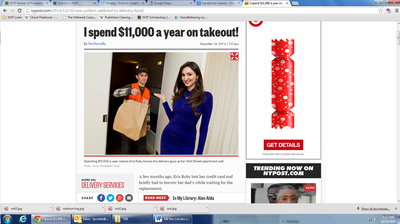
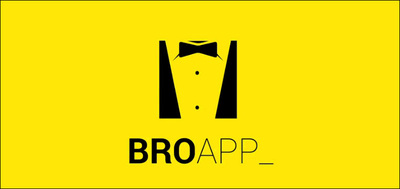



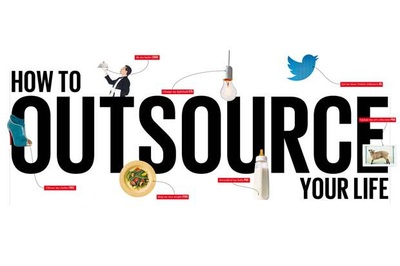
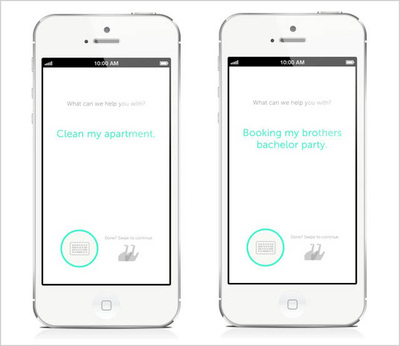



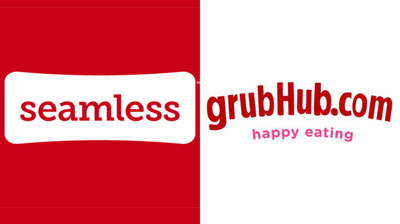
 RSS Feed
RSS Feed